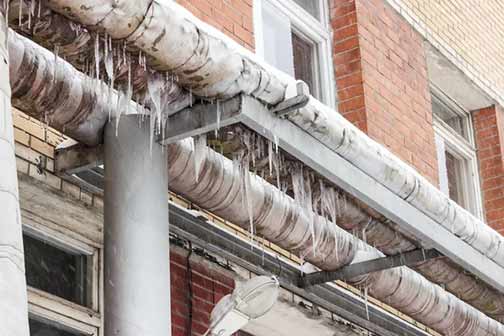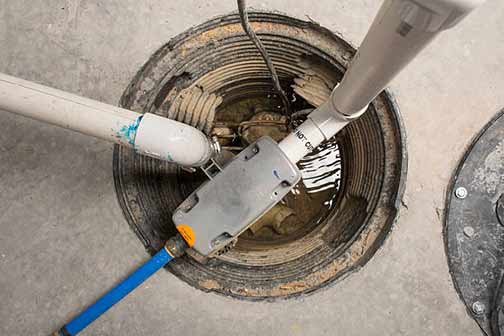
It is almost the end of the year, and once again, winter is around the corner. For homeowners in Chicago, this can mean two things. It is the time of the year when you do final checks on your home’s plumbing to prepare for subzero temperatures, notes Dawson Management.
If you fail to do that, winter can also mean the season when you experience the worst plumbing issues in your home. Top plumbing issues common to Chicago homes during winter are frozen and burst pipes, slow drains, and faulty water heaters.
To avoid plumbing problems in your home in winter, you want to prepare the pipes, fixtures and appliances for the onset of cold weather. To help you do this, here is a complete list of the steps to prepare your home’s plumbing for winter.
Complete winter plumbing maintenance checklist for homeowners in Chicago
Insulate exposed pipes
Uninsulated water pipes are one of the biggest threats to your plumbing during winter. Exposed pipes that are in contact with the cold air will easily freeze, and they can burst. Pipes in spaces like attics, crawlspaces and basements are highly vulnerable. Insulating them will protect them from cold weather.
Unclog all drains
If allowed to enter your drains, fats, grease, oil and starchy foods will cause major problems. The capacity of these types of food waste to cause drain problems in your home is worse during winter because cold weather can solidify them, making the clogs harder to remove.
Find and fix leaky pipes
Even if properly insulated, water pipes can still freeze and burst if the pipes are leaky. Leaks are a huge problem, but if that leak freezes, it is a worse problem. Check your pipes for leaks, and never forget to look for hidden leaks inside your walls.
Inspect your home for gaps
If there are openings around those points where water pipes penetrate the walls of your home or gaps around your doors and windows, they can affect your heating. These gaps let the warm air inside your home escape. The cold air they introduce into the home can cause your pipes to freeze.
Disconnect outdoor hoses
Disconnect and drain outdoor hoses before storing them safely until spring. Connected hoses with water inside them can freeze. They can transfer cold water/air to connected pipes inside the home. If possible, install freeze-proof outdoor faucets or insulate your existing faucets.
Flush your water heater
Your water heater will see more use during winter than at any other time of the year. It must be ready to meet this demand. To prepare the water heater, flush the tank. That will get rid of any sediments that can impair its function.
Caulk gaps around plumbing fixtures
If there are gaps around plumbing fixtures, ensure they are closed. You may find such gaps around the bathtub and toilet. Caulking these gaps will stabilize the fixtures and reduce the risk of damage due to movement during usage.
Maintain a steady indoor temperature
Even if you are going to be away from your home, you want to keep it warm. As a rule, you never want your home’s temperature to fall below 50℉. It is cheaper to heat your home than fix water damage due to a burst pipe.
Keep cabinet doors slightly open
Water pipes in enclosed spaces – under the sink and cabinets – are susceptible to freezing. That is because the warm air inside the home may not circulate to those areas. To fix this problem, leave cabinet doors slightly open at all times.

Inspect your sump pump
As snow and ice melt, the risk of basement flooding increases. Prevent water damage to your home by ensuring your sump pump is in good order. It is a good idea to install a battery-powered backup sump in case of a power outage during a winter storm.
Clean gutters and downspouts
To prevent ice dams and keep snowmelt out of the internal structures of your roof and the walls of your home, ensure your gutters are in good condition and free of debris. Never forget to clean your downspouts and ensure that they are discharging in the correct location.
Have your plumbing inspected
Comprehensive inspection of your plumbing – water pipes, drain pipes, plumbing fixtures and appliances – helps to avert costly emergencies by making it possible to detect plumbing issues at their early stages. Regular inspections should be a pillar of your plumbing maintenance program.
Lastly, the quality of the results you get from the above tips depends on the experience of the person carrying out this winter plumbing maintenance plan. That is why you need the expertise of a professional plumber who can help tie these steps into a watertight plan to secure your plumbing throughout winter.

